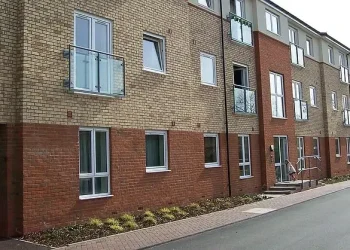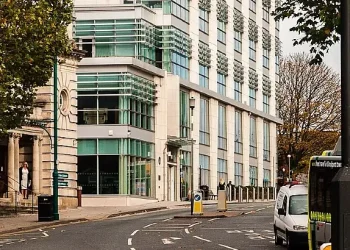A recent update from the Regulator of Social Housing (RSH) has highlighted the increasing viability risks that some landlords in the social housing sector are facing.
Introduction
The Regulator of Social Housing (RSH) has issued a warning about the escalating viability risks for some landlords in the UK social housing sector. This alert comes as part of the RSH’s ongoing efforts to ensure that landlords meet the required standards for providing safe and decent homes.
They issued this warning now because of the current economic pressures and the need for robust governance and financial management make it particularly urgent.
The Risks Facing Landlords in 2024/25
Financial Viability and Governance
The RSH has emphasized that landlords must manage the risks associated with financial viability and reduced capacity with robust governance.
This includes ensuring that landlords have the necessary financial resources and governance structures in place to maintain the quality of their properties and services.
Compliance with Consumer Standards
Landlords are required to adhere to the consumer standards set by the RSH. Failure to meet these standards can result in severe consequences, such as the downgrading of their regulatory grades.
For instance, Harlow District Council was given a C3 grade due to significant failings in fire risk assessments and remedial actions.
Fire Safety and Remedial Actions
The RSH has identified serious failings in fire safety compliance among some landlords. Harlow Council, for example, had carried out fire risk assessments for only 20% of its buildings, with over 500 high-risk fire safety remedial actions overdue.
This underscores the critical importance of maintaining safe living conditions for tenants.
Impact on Tenants and Local Communities
Decent Homes Standard
The UK Government is committed to ensuring that all private landlords adhere to a legally binding Decent Homes Standard. This standard aims to eradicate non-decent homes, which currently affect over 1.6 million people living in dangerously low-quality housing.
Poor-quality housing can lead to health issues, such as respiratory conditions, and hinder the well-being of tenants.
Tenant Protections and Mediation
To protect tenants, the Government is introducing new measures, including the abolition of Section 21 ‘no-fault’ evictions and the strengthening of Section 8 grounds for possession.
The government will establish a new mandatory ombudsman to provide fair and impartial dispute resolution between landlords and tenants.
The Lessons
- Financial Viability: Landlords must ensure robust financial management and governance.
- Compliance with Standards: Adherence to RSH consumer standards is mandatory.
- Fire Safety: Regular fire risk assessments and timely remedial actions are crucial.
- Decent Homes Standard: All landlords must meet the legally binding standard for decent homes.
- Tenant Protections: New laws aim to protect tenants from unfair evictions and ensure decent living conditions.
- Mediation and Dispute Resolution: A new ombudsman will facilitate fair dispute resolution.
The Takeaway
The warnings from the Regulator of Social Housing highlight the critical need for landlords to address viability risks and comply with stringent regulatory standards.
As the UK housing sector continues to face challenges, it is imperative for landlords to prioritize financial viability, governance, and tenant safety.
These measures are essential for maintaining the quality and safety of homes, ensuring the well-being of tenants, and upholding the integrity of the social housing sector.
Sources: THX News & Regulator of Social Housing.









